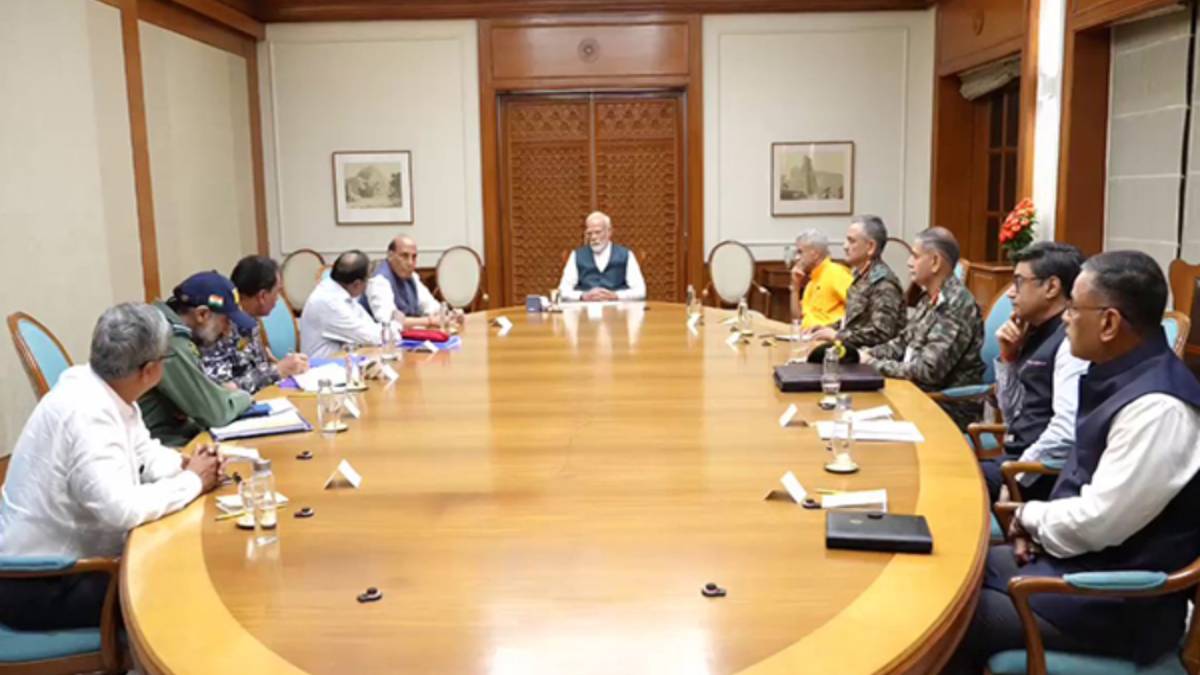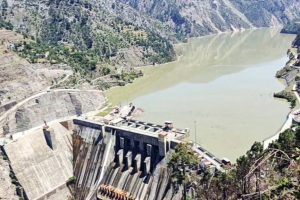Prime Minister Narendra Modi chaired a crucial security review meeting at his residence on Saturday, bringing together top leaders and military officials in the wake of a ceasefire agreement between India and Pakistan.
The high-level meeting was attended by Defence Minister Rajnath Singh, External Affairs Minister S. Jaishankar, National Security Adviser Ajit Doval, Chief of Defence Staff Gen Anil Chauhan, and the three service chiefs—Air Chief Marshal AP Singh, Army Chief Gen Upendra Dwivedi, and Navy Chief Admiral Dinesh K. Tripathi. Foreign Secretary Vikram Misri was also present.
The discussions came shortly after both countries agreed to halt all military operations—on land, at sea, and in the air—following a call initiated by Pakistan’s Director General of Military Operations (DGMO) to his Indian counterpart earlier in the day. The ceasefire was set to take effect from 5:00 PM IST.
Confirming the development, Foreign Secretary Misri said, “Pakistan’s DGMO contacted the Indian DGMO at 15:35 hours. It was agreed that both sides would stop all firing and military actions with effect from 1700 hours IST. Another round of DGMO-level talks is scheduled for May 12 at 12 noon.”
The ceasefire understanding follows heightened tensions triggered by the April 22 terror attack in Pahalgam that claimed 26 lives, mostly tourists. In retaliation, India launched Operation Sindoor on May 7, targeting nine terror infrastructure sites deep inside Pakistan and Pakistan-occupied Jammu and Kashmir. Pakistan responded with a series of unprovoked escalations involving artillery and drones, which were effectively countered by Indian forces.
External Affairs Minister Jaishankar reaffirmed India’s position on terrorism in a post on X, stating, “India and Pakistan have today worked out an understanding on stoppage of firing and military action. India has consistently maintained a firm and uncompromising stance against terrorism in all its forms and manifestations. It will continue to do so.”
The Prime Minister’s meeting underscored the gravity of the regional security situation and India’s commitment to responding decisively while pursuing strategic stability.





